Anpassungsfähigkeit und Resilienz des Finanzsystems
Diese Forschungsgruppe untersucht kritische Aspekte der Anpassungsfähigkeit und Widerstandsfähigkeit von Finanzsystemen. Sie analysiert die Auswirkungen von Naturkatastrophen auf Finanzsysteme, die Auswirkungen politischer Präferenzen für die grüne Transformation und die Bedeutung von Kultur in den Volkswirtschaften.
Forschungscluster
Finanzresilienz und RegulierungIhr Kontakt

Mitglied - Abteilung Finanzmärkte
PROJEKTE
07.2016 ‐ 12.2018
Relationship Lenders and Unorthodox Monetary Policy: Investment, Employment, and Resource Reallocation Effects
Leibniz-Gemeinschaft
We combine a number of unique and proprietary data sources to measure the impact of relationship lenders and unconventional monetary policy during and after the European sovereign debt crisis on the real economy. Establishing systematic links between different research data centers (Forschungsdatenzentren, FDZ) and central banks with detailed micro-level information on both financial and real activity is the stand-alone proposition of our proposal. The main objective is to permit the identification of causal effects, or their absence, regarding which policies were conducive to mitigate financial shocks and stimulate real economic activities, such as employment, investment, or the closure of plants.
01.2015 ‐ 12.2019
Interactions between Bank-specific Risk and Macroeconomic Performance
Deutsche Forschungsgemeinschaft (DFG)
Referierte Publikationen
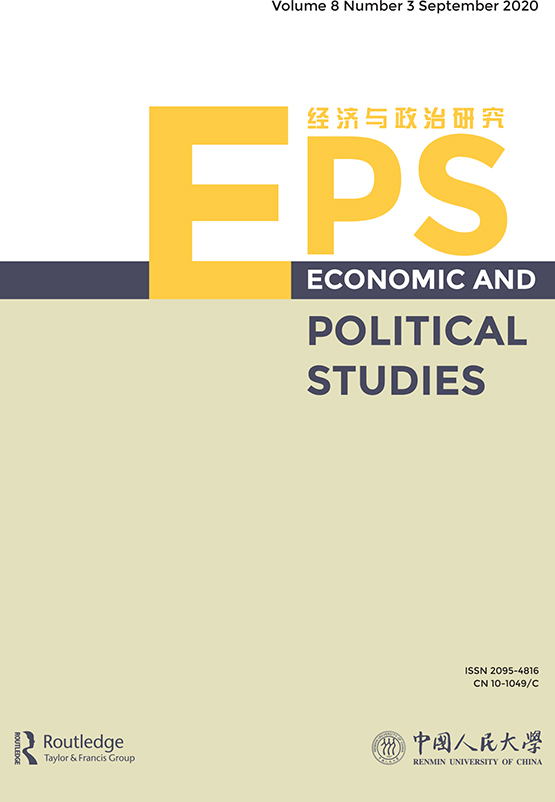
Trust, Politics and Post-IPO Performance: SOEs vs. the Private Sector
in: Economic and Political Studies, im Erscheinen
Abstract
This paper empirically investigates the role of social trust in the long-term performance of the initial public offerings (IPOs) in China, controlling for the formal institutional environment. We find that privately owned or smaller IPO firms experience significantly better post-IPO performance when they are incorporated in regions with more social trust. The state-owned and bigger IPO firms, on the other hand, experience better long-term post-IPO performance when they are incorporated in regions with stronger formal institutions (e.g. court enforcement and contract holding). Political pluralism turns out to benefit all IPOs in the long term. In addition, our evidence shows that stronger social trust substitutes for the quality of court enforcement but complements the role of contract holding. These results are robust after controlling for alternative definitions of ownership, outliers, non-linear effects of institutions, and the potential endogeneity of institutions in the model.
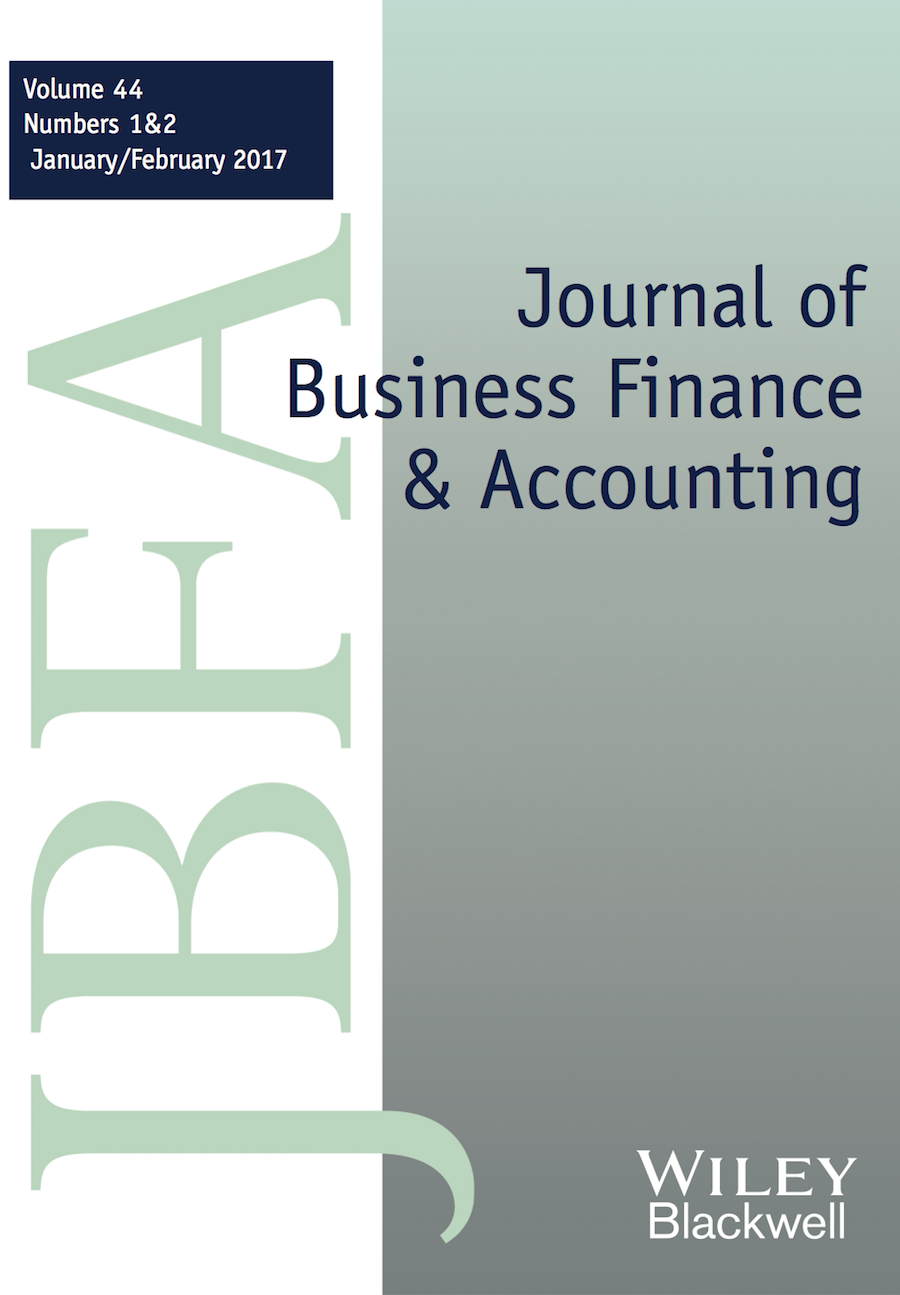
State Ownership and Financial Statement Comparability
in: Journal of Business Finance and Accounting, im Erscheinen
Abstract
Abstract This paper investigates how state ownership affects financial reporting practices in China. Using several measures of state (government) ownership, we show that a one-standard-deviation increase in state ownership decreases financial statement comparability by 36.61%, and the impact is more pronounced when the central authority has majority control of the company. Moreover, lower earnings quality and lower levels of accounting conservatism among state-owned enterprises (SOEs) may explain the lower accounting comparability between SOEs and non-SOEs (NSOEs). Additionally, similar (different) managerial objectives converge (diverge) financial statement comparability between SOEs and NSOEs. Last, the geographical locations of firms also contribute to financial statement comparability. We employ a difference-in-differences design, changes regression and entropy balancing to mitigate potential endogeneity bias.

Supranational Rules, National Discretion: Increasing versus Inflating Regulatory Bank Capital?
in: Journal of Financial and Quantitative Analysis, im Erscheinen
Abstract
We study how banks use “regulatory adjustments” to inflate their regulatory capital ratios and whether this depends on forbearance on the part of national authorities. Using the 2011 EBA capital exercise as a quasi-natural experiment, we find that banks substantially inflated their levels of regulatory capital via a reduction in regulatory adjustments — without a commensurate increase in book equity and without a reduction in bank risk. We document substantial heterogeneity in regulatory capital inflation across countries, suggesting that national authorities forbear their domestic banks to meet supranational requirements, with a focus on short-term economic considerations.
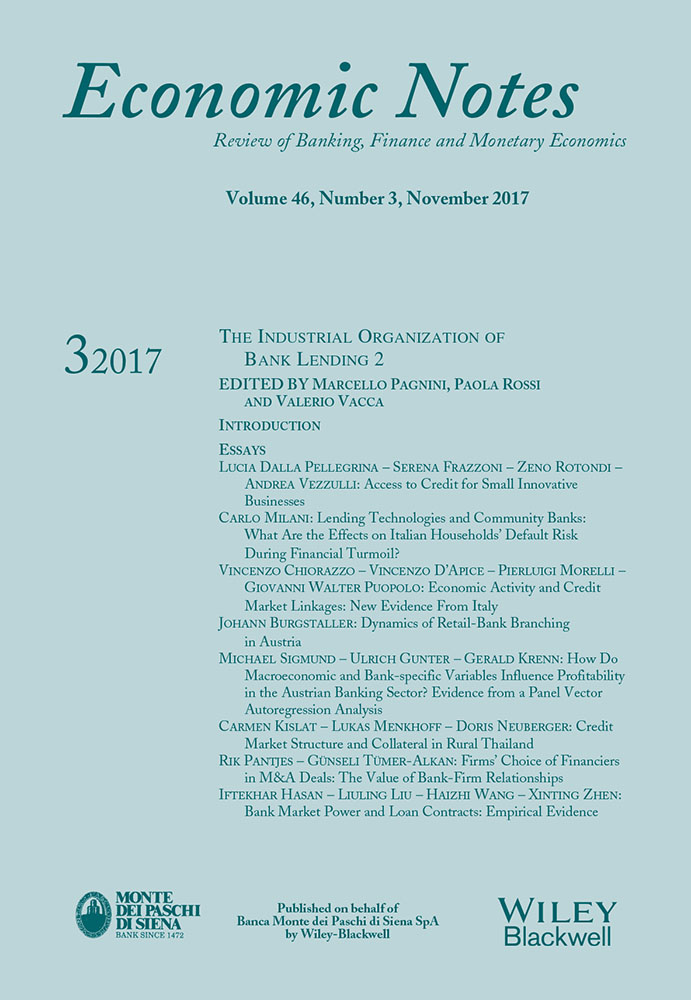
Bank Market Power and Loan Contracts: Empirical Evidence
in: Economic Notes, im Erscheinen
Abstract
Using a sample of syndicated loan facilities granted to US corporate borrowers from 1987 to 2013, we directly gauge the lead banks’ market power, and test its effects on both price and non‐price terms in loan contracts. We find that bank market power is positively correlated with loan spreads, and the positive relation holds for both non‐relationship loans and relationship loans. In particular, we report that, for relationship loans, lending banks charge lower loan price for borrowing firms with lower switching cost. We further employ a framework accommodating the joint determination of loan contractual terms, and document that the lead banks’ market power is positively correlated with collateral and negatively correlated with loan maturity. In addition, we report a significant and negative relationship between banking power and the number of covenants in loan contracts, and the negative relationship is stronger for relationship loans.
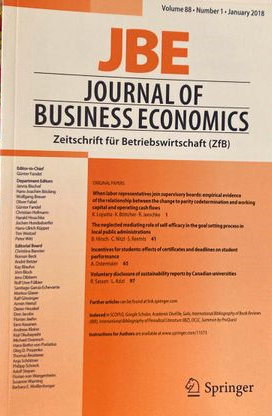
Does IFRS Information on Tax Loss Carryforwards and Negative Performance Improve Predictions of Earnings and Cash Flows?
in: Journal of Business Economics, January 2024
Abstract
We analyze the usefulness of accounting information on tax loss carryforwards and negative performance to predict earnings and cash flows. We use hand-collected information on tax loss carryforwards and corresponding deferred taxes from the International Financial Reporting Standards tax footnotes for listed firms from Germany. Our out-of-sample tests show that considering accounting information on tax loss carryforwards does not enhance performance forecasts and typically even worsens predictions. The most likely explanation is model overfitting. Besides, common forecasting approaches that deal with negative performance are prone to prediction errors. We provide a simple empirical specification to account for that problem.
Arbeitspapiere
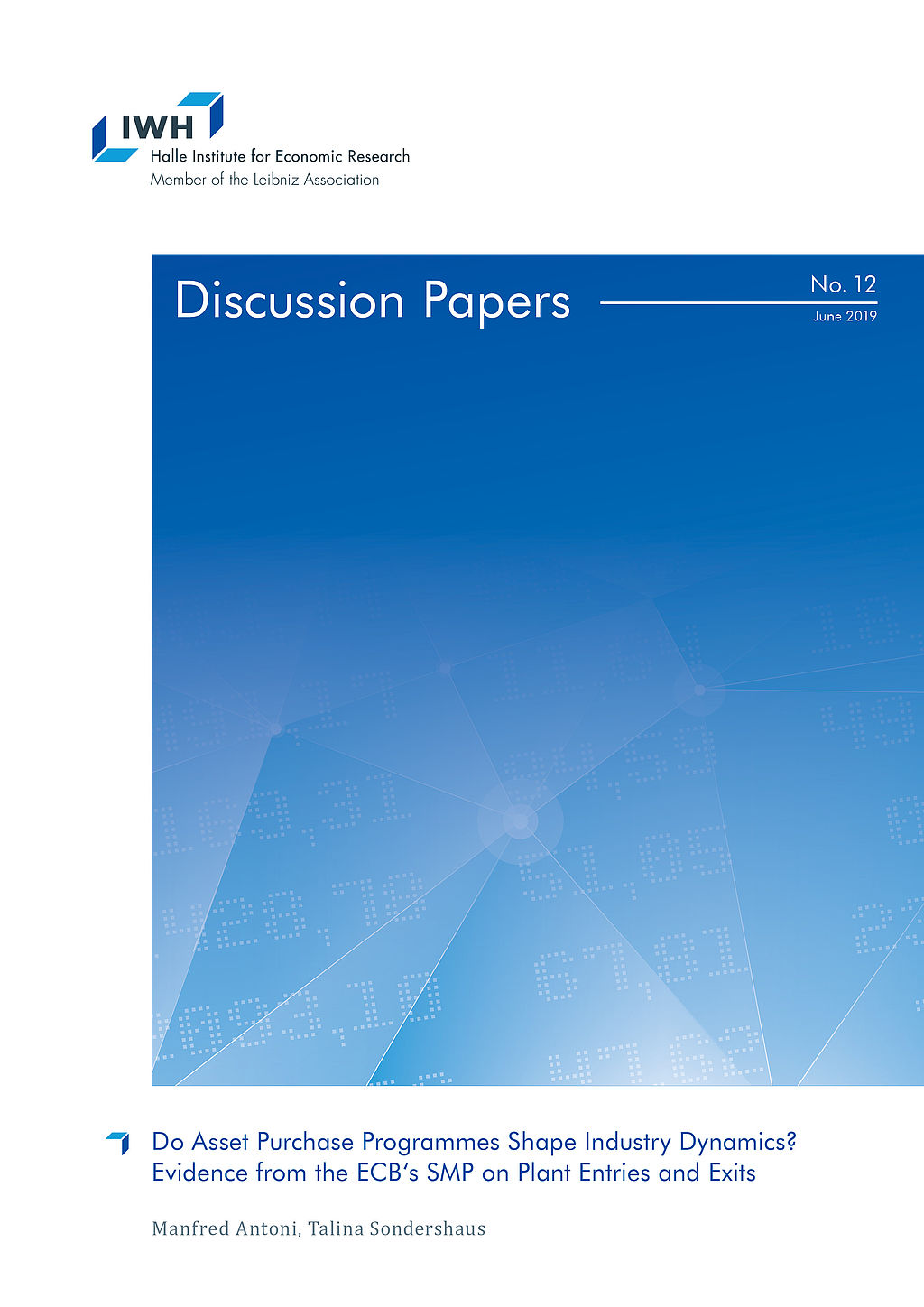
Do Asset Purchase Programmes Shape Industry Dynamics? Evidence from the ECB's SMP on Plant Entries and Exits
in: IWH Discussion Papers, Nr. 12, 2019
Abstract
Asset purchase programmes (APPs) may insulate banks from having to terminate relationships with unproductive customers. Using administrative plant and bank data, we test whether APPs impinge on industry dynamics in terms of plant entry and exit. Plants in Germany connected to banks with access to an APP are approximately 20% less likely to exit. In particular, unproductive plants connected to weak banks with APP access are less likely to close. Aggregate entry and exit rates in regional markets with high APP exposures are also lower. Thus, APPs seem to subdue Schumpeterian cleansing mechanisms, which may hamper factor reallocation and aggregate productivity growth.
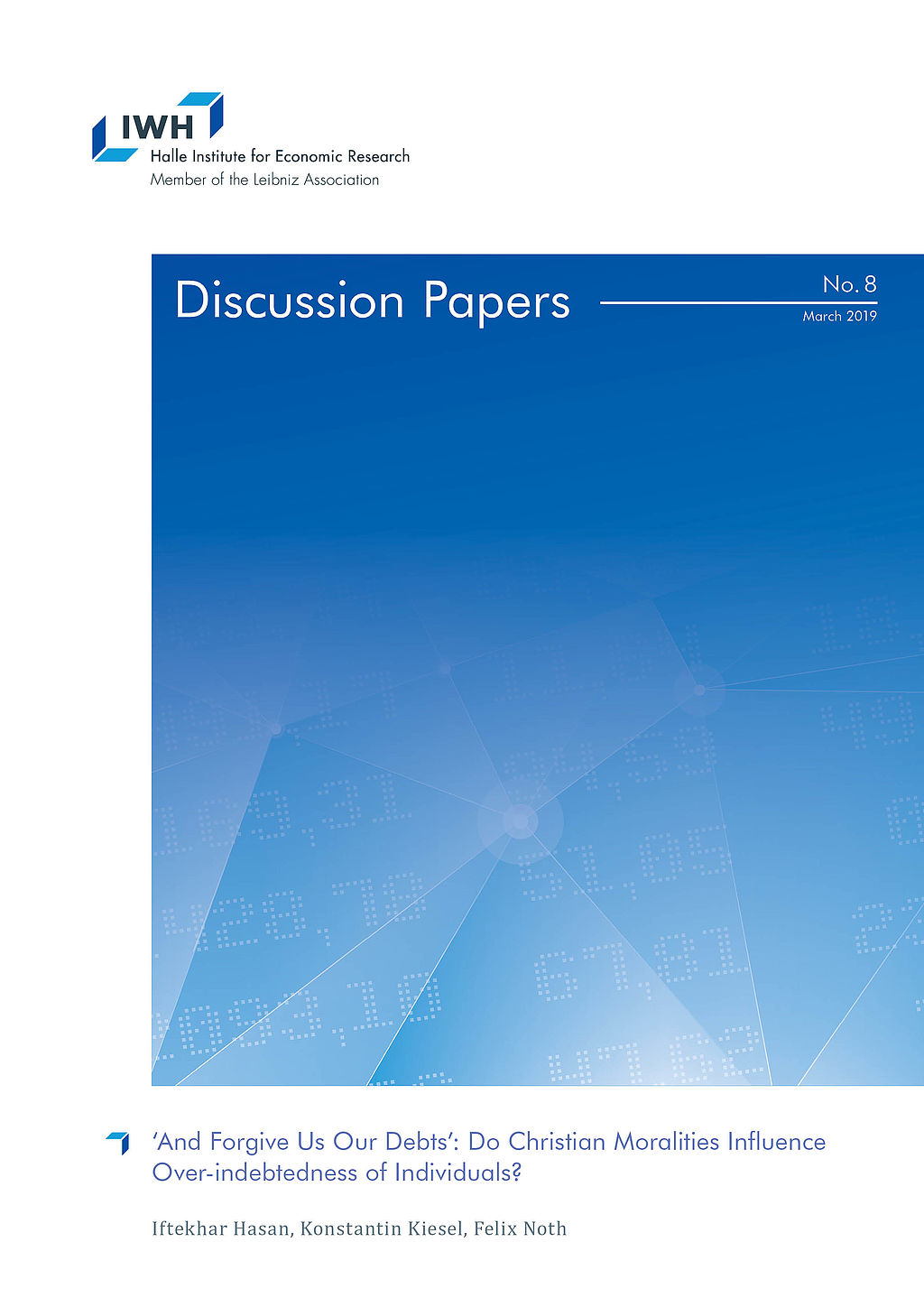
‘And Forgive Us Our Debts’: Do Christian Moralities Influence Over-indebtedness of Individuals?
in: IWH Discussion Papers, Nr. 8, 2019
Abstract
This paper analyses whether Christian moralities and rules formed differently by Catholics and Protestants impact the likelihood of households to become overindebted. We find that over-indebtedness is lower in regions in which Catholics outweigh Protestants, indicating that Catholics‘ forgiveness culture and a stricter enforcement of rules by Protestants serve as explanations for our results. Our results provide evidence that religion affects the financial situations of individuals and show that even 500 years after the split between Catholics and Protestants, the differences in the mind-sets of both denominations play an important role for situations of severe financial conditions.
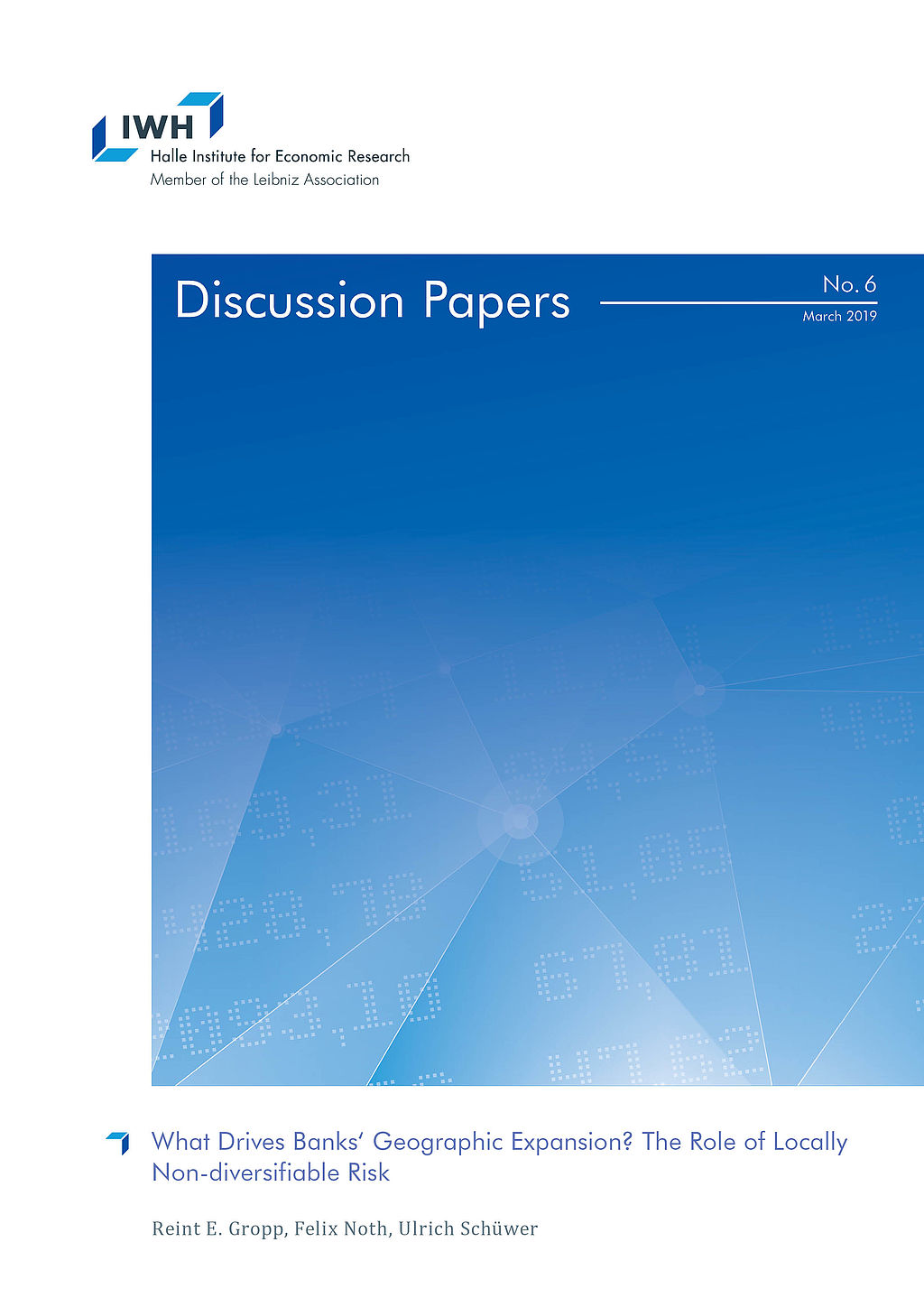
What Drives Banks‘ Geographic Expansion? The Role of Locally Non-diversifiable Risk
in: IWH Discussion Papers, Nr. 6, 2019
Abstract
We show that banks that are facing relatively high locally non-diversifiable risks in their home region expand more across states than banks that do not face such risks following branching deregulation in the 1990s and 2000s. These banks with high locally non-diversifiable risks also benefit relatively more from deregulation in terms of higher bank stability. Further, these banks expand more into counties where risks are relatively high and positively correlated with risks in their home region, suggesting that they do not only diversify but also build on their expertise in local risks when they expand into new regions.
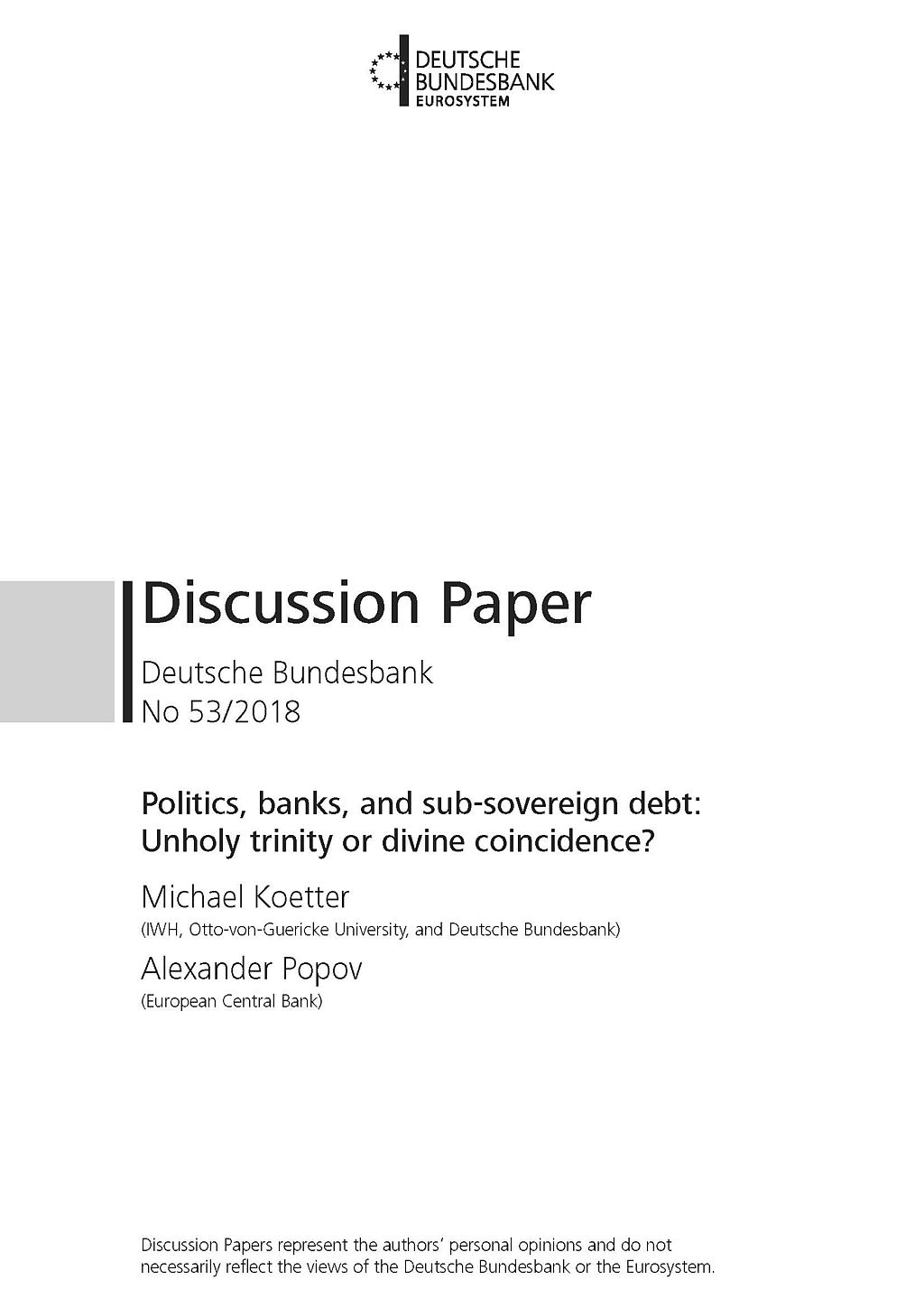
Politics, Banks, and Sub-sovereign Debt: Unholy Trinity or Divine Coincidence?
in: Deutsche Bundesbank Discussion Paper, Nr. 53, 2018
Abstract
We exploit election-driven turnover in State and local governments in Germany to study how banks adjust their securities portfolios in response to the loss of political connections. We find that local savings banks, which are owned by their host county and supervised by local politicians, increase significantly their holdings of home-State sovereign bonds when the local government and the State government are dominated by different political parties. Banks' holdings of other securities, like federal bonds, bonds issued by other States, or stocks, are not affected by election outcomes. We argue that banks use sub-sovereign bond purchases to gain access to politically distant government authorities.

May the Force Be with You: Exit Barriers, Governance Shocks, and Profitability Sclerosis in Banking
in: Deutsche Bundesbank Discussion Paper, Nr. 49, 2018
Abstract
We test whether limited market discipline imposes exit barriers and poor profitability in banking. We exploit an exogenous shock to the governance of government-owned banks: the unification of counties. County mergers lead to enforced government-owned bank mergers. We compare forced to voluntary bank exits and show that the former cause better bank profitability and efficiency at the expense of riskier financial profiles. Regarding real effects, firms exposed to forced bank mergers borrow more at lower cost, increase investment, and exhibit higher employment. Thus, reduced exit frictions in banking seem to unleash the economic potential of both banks and firms.


















